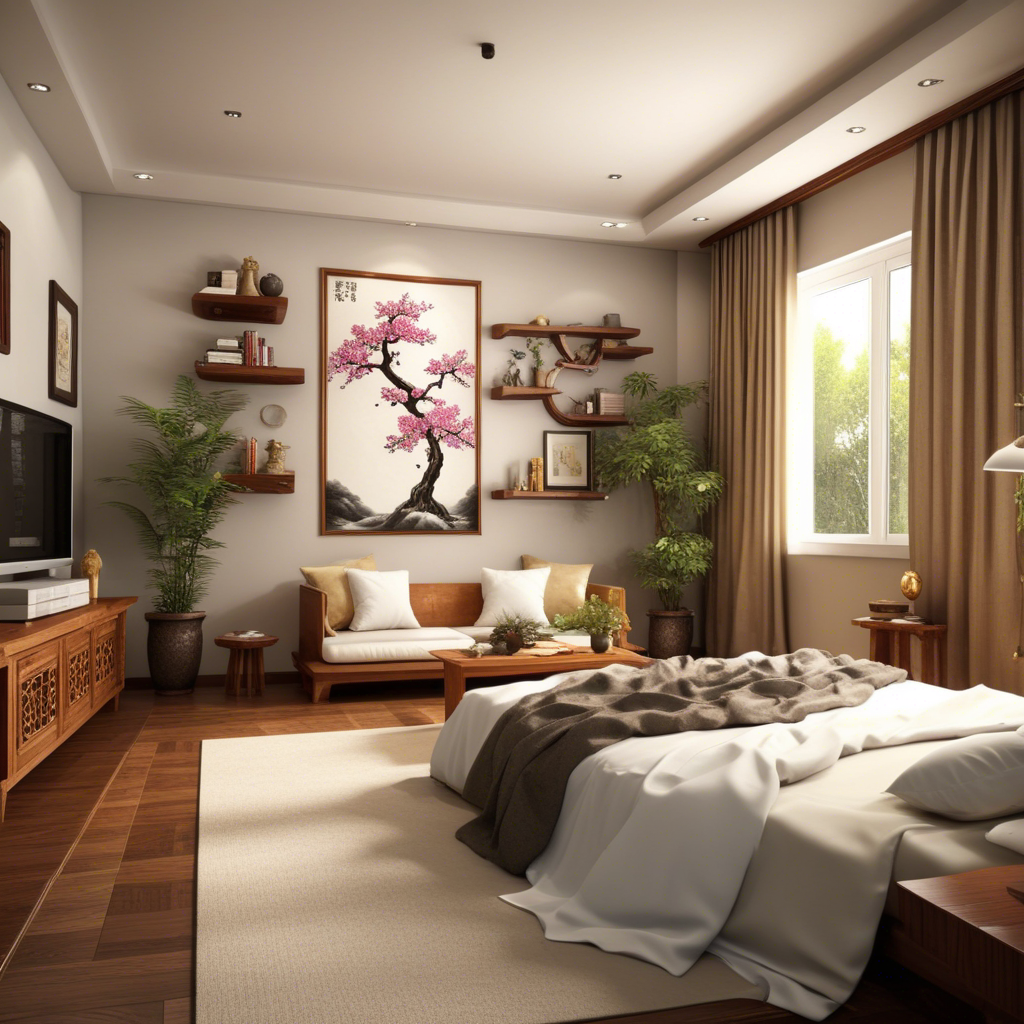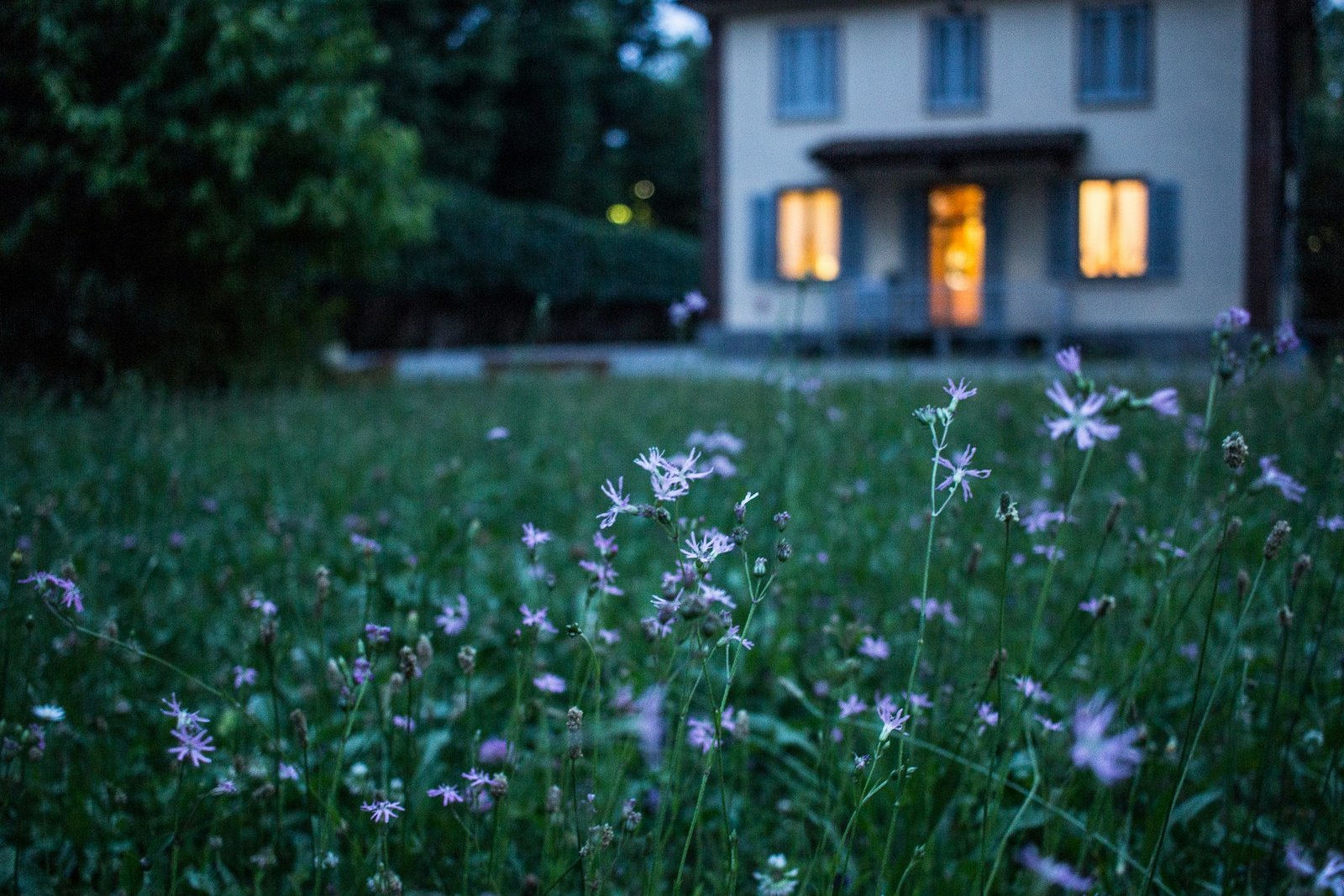Feng Shui, an ancient Chinese philosophy, has been practiced for centuries to balance and harmonize the energy, or “chi,” in a given space. The term “Feng Shui” literally translates to “wind-water,” symbolizing the flow of energy in the environment. By applying Feng Shui principles, you can create a more peaceful, prosperous, and healthy living space that nurtures your body, mind, and spirit.
Understanding Chi
In Feng Shui, chi is believed to be the vital energy that flows through all living things. It is thought to be influenced by the physical environment, including the layout, colors, and materials used in a space. Chi can be either positive (sheng chi) or negative (sha chi), and the goal of Feng Shui is to maximize the former while minimizing the latter.
The Five Elements
Feng Shui is based on the concept of the Five Elements: Wood, Fire, Earth, Metal, and Water. Each element has its own unique energy and characteristics, and balancing them is crucial to achieving harmony in a space.
- Wood: represents growth, expansion, and creativity. Associated with the colors green and blue-green, wood elements include plants, trees, and wooden furniture.
- Fire: symbolizes energy, passion, and transformation. Associated with the colors red, orange, and purple, fire elements include candles, lighting, and electronic devices.
- Earth: represents stability, grounding, and nourishment. Associated with the colors beige, brown, and yellow, earth elements include ceramics, stones, and natural materials.
- Metal: represents clarity, precision, and determination. Associated with the colors white, silver, and gray, metal elements include metal objects, such as vases, picture frames, and hardware.
- Water: represents fluidity, adaptability, and spiritual growth. Associated with the colors blue and black, water elements include water features, mirrors, and reflective surfaces.
Applying Feng Shui Principles
To apply Feng Shui principles in your home, consider the following:
- Commanding Position: Place your furniture in a commanding position, which means positioning it in a way that you have a clear view of the door, but not directly in line with it. This allows you to feel secure and in control.
- Minimize Clutter: Clutter can stagnate chi and create negative energy. Keep your space organized and clutter-free to allow chi to flow freely.
- Balance Elements: Balance the Five Elements in your space by incorporating a mix of wood, fire, earth, metal, and water elements.
- Use Color: Use color to influence the energy in your space. For example, use calming colors like blue and green in bedrooms, and stimulating colors like red and orange in home offices.
- Add Plants: Plants are a great way to bring in positive energy and purify the air. Choose low-maintenance plants like snake plants or spider plants.
- Use Mirrors Wisely: Mirrors can either reflect positive energy or create negative energy by reflecting clutter or stagnant areas. Use mirrors thoughtfully to create the illusion of more space or to reflect natural light.
- Consider the Bagua Map: The Bagua map is a tool used in Feng Shui to map the energy of a space. It is superimposed over a floor plan or a layout of a room, and each area corresponds to a different aspect of life, such as relationships, career, or wealth.
Common Feng Shui Mistakes
- Placing a Bed Under a Window: This can make you feel vulnerable and exposed.
- Positioning a Desk with Your Back to the Door: This can make you feel insecure and anxious.
- Using Too Many Sharp Angles: Sharp angles can create negative energy and make a space feel uncomfortable.
- Ignoring the Five Elements: Failing to balance the Five Elements can lead to an unbalanced and unhealthy environment.
Conclusion
Feng Shui is an ancient philosophy that offers a holistic approach to creating a harmonious and balanced living space. By understanding the principles of Feng Shui and applying them in your home, you can create a space that nurtures your body, mind, and spirit. Remember to balance the Five Elements, minimize clutter, and use color and plants to create a positive and uplifting environment. With a little practice and patience, you can master the art of Feng Shui and enjoy a more peaceful and prosperous life.


